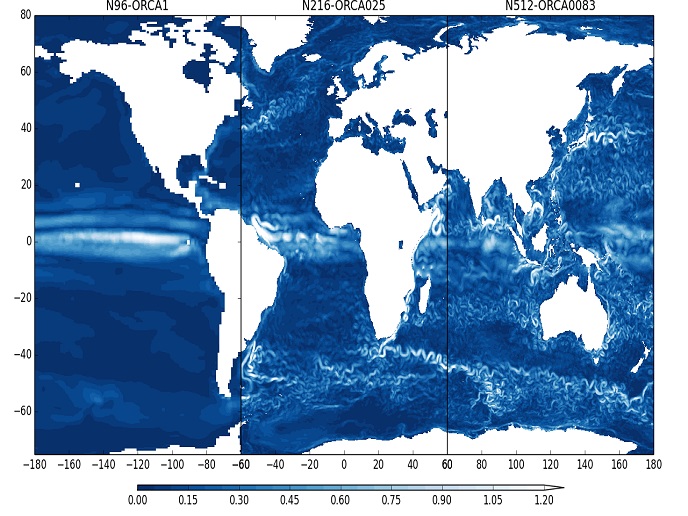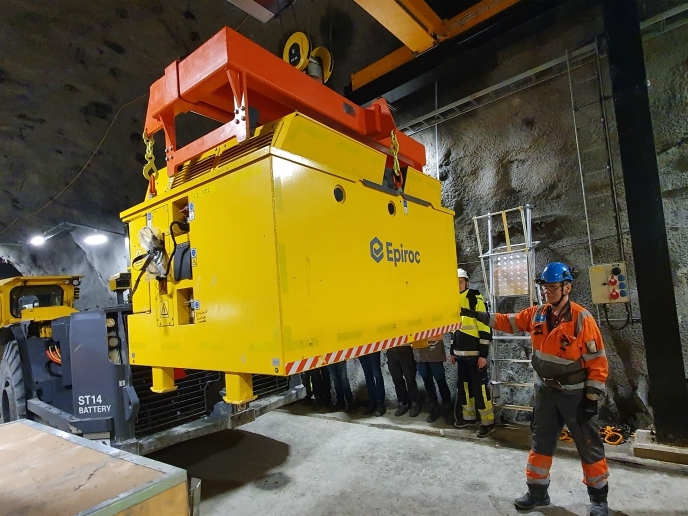Multi-sector models for Africa’s green future
With more than 18 % of the world’s population, Africa is one of the fastest growing and most populous regions of the world, expected to make up 25 % of the global population by 2050. There is huge potential for renewable energy sources on the continent, and many African leaders have shown interest in the development of clean energy infrastructure, in accordance with the Africa Agenda 2063(opens in new window). But before great changes can be made, a deeper understanding of the intersectoral impacts of a green energy transformation must be gained. Using WEF Nexus(opens in new window) resources, the ONEPlanET project developed models centred on the connection between water, energy and food. Water, energy and food resources are interdependent. Agriculture is the biggest water user in sub-Saharan Africa, and 13% of energy goes to food production on the continent. Still, 282 million people were undernourished in 2022, and increase of more than 20 % since the COVID 19 pandemic.
A holistic approach to change
Many challenges confront African communities, including energy poverty, water scarcity, food insecurity and environmental degradation. The ONEPlanET team chose to use WEF Nexus as a basis for modelling the interconnection between water, energy and food with the goal of addressing the needs of multiple constituencies. This holistic approach considers the many impacts of energy infrastructure development. According to project coordinator Serena Scotton: “ONEPlanET aims at empowering African policy makers, research and academia, investors and citizens with the necessary tools and know-how to increase clean energy generation and sustainable use of resources while reducing inequalities and cultural/socio-economic gaps.”
WEF Nexus
WEF Nexus, an independent platform under the Nexus Regional Dialogues framework, is an excellent resource for the aims of ONEPlanET. The platform promotes an integrated approach to the use of natural resources that ensures equitable access for all. “We believe that the interconnection between water, energy and food on the African continent is deeply important and has a solid connection to some of the main obstacles the population is facing”, Scotton shares, underscoring the relevance of WEF Nexus for addressing Africa’s clean energy transition. The WEF concept informed the development of three tailor-made models in the Songwe (Malawi and Tanzania), Inkomati-Usuthu (South Africa) and Niger (Nigeria) river basins.
ONEplanET outcomes
Communication, co-creation and networking are key to the project’s holistic approach. ONEPlanET has participated in 14 dissemination events, including workshops hosted in each of the demonstration locations and in Nairobi. The project has also published three policy briefs and a list of key actionable elements to guide policy makers. Scotton notes: “We have already launched the knowledge hub platform(opens in new window), hosting the WEF Nexus database, tools and several training videos publicly available for all the stakeholders presenting a set of capacity-building materials and knowledge exchange activities.” With this inclusive approach, ONEPlanET is investing in the potential of Africa to realise economic growth and societal progress through the intersection of sustainable water, energy and food development.







